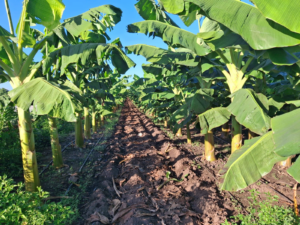The Legislative Assembly gave the green light to the project that will strengthen the area’s water resources and facilitate the development of tourism.
To improve the quality of life of the inhabitants of the district of La Libertad and reduce environmental contamination, the Legislative Assembly approved with 57 votes the second round of a US$71.8 million loan to improve the sanitation system in La Libertad.

This will involve the construction of a wastewater treatment plant on the Chilama River and the expansion of the sewerage system in the district and department.
This financing, signed in may 2025 with Deutsche Bank, S.A.E.U., will enable the renovation of the sanitation network in the urban core of Puerto de La Libertad and the construction of a new infrastructure to collect sewage from different areas through collectors and pumping stations that will direct it to the new treatment plant.

During the study of the initiative, Marlon Herrera, General Director of Investment and Public Credit of the Ministry of Finance, assured that the project will have a significant impact on the reduction of river pollution, especially the Chilama, and will contribute to improving the quality of life of the local communities.
The project will directly benefit eight thousand families by strengthening the area’s water resources and facilitating the development of tourism.

Project components include five pumping stations, a treatment plant and 764 wells, to be executed by the Ministry of Public Works.

ANDA budget reinforcement
During the same session, the deputies also approved, with 58 votes, an amendment to the 2025 budget to incorporate US$5.8 million from external loans, which will be allocated to the Administración Nacional de Acueductos y Alcantarillados (ANDA).
These funds will be used to strengthen the program “Strengthening the Drinking Water and Sanitation Sector in El Salvador”, with the objective of improving the continuity of service, reducing losses due to non-revenue water, and modernizing the network.

The financing will enable the purchase of machinery for cleaning wells, monitoring equipment for tanks and stations, and the modernization of the institutional information system. This is expected to improve operational management and increase energy efficiency.







